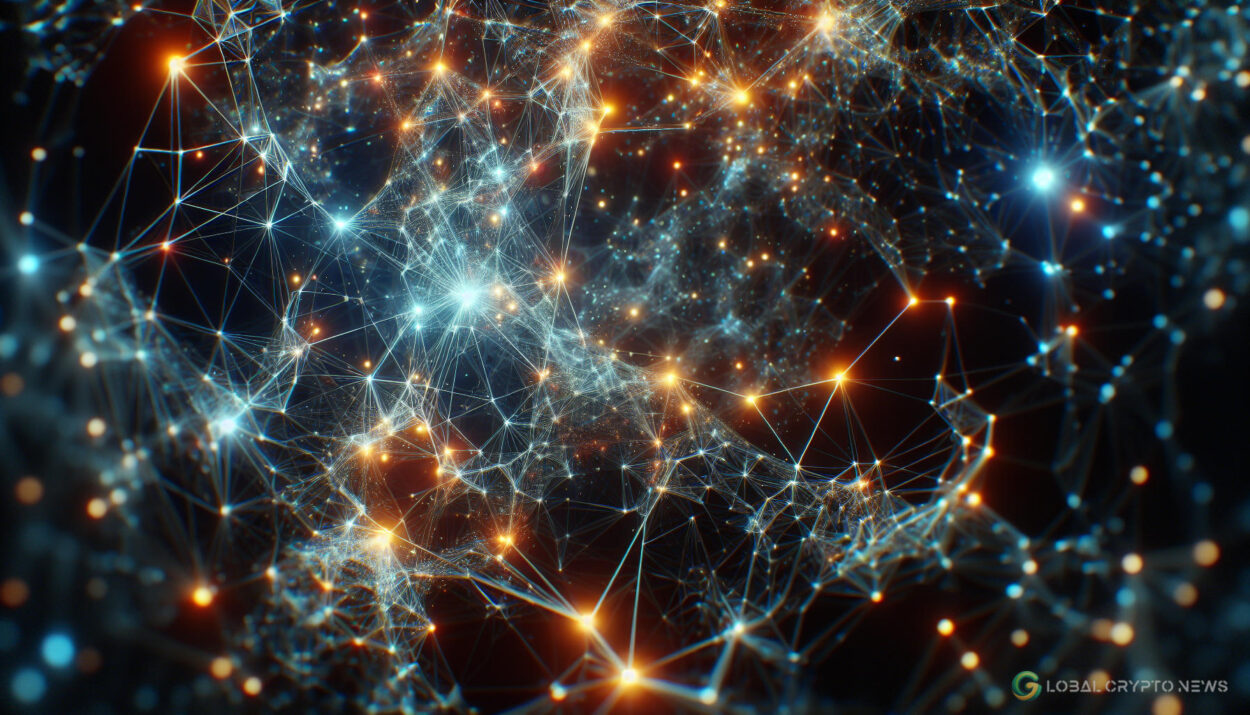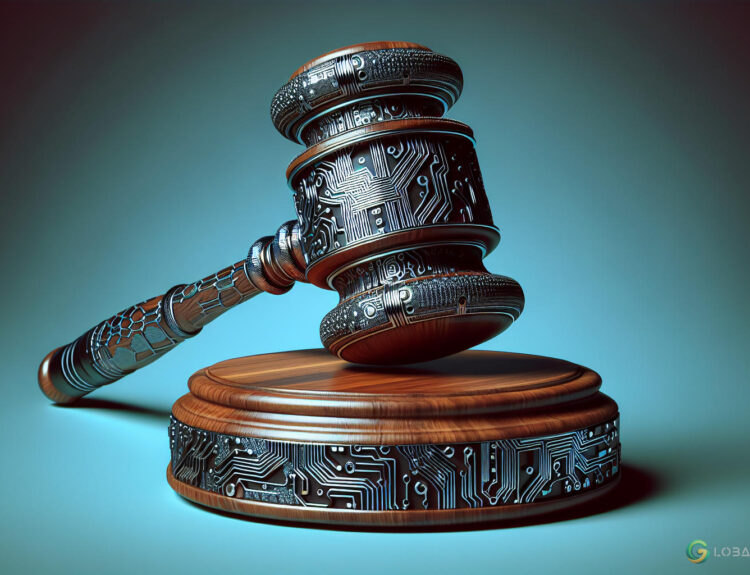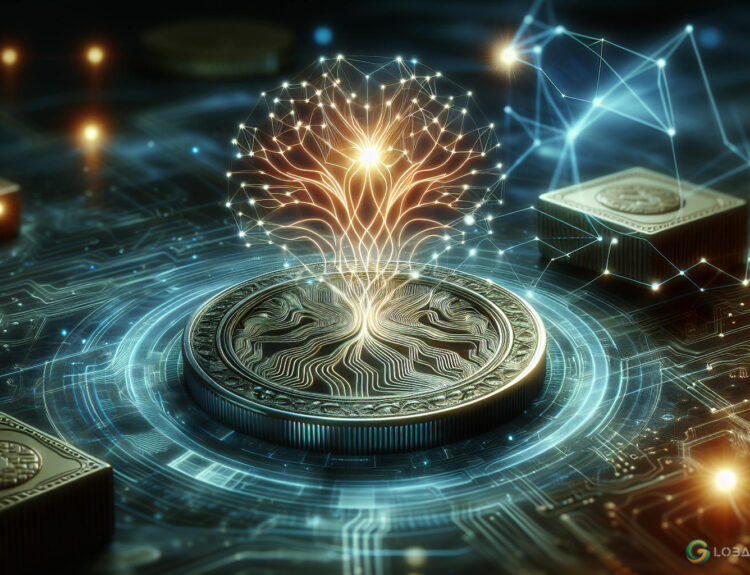“`html
Dr. Ben Goertzel, the CEO of SingularityNET, envisions a transformative future for Artificial General Intelligence (AGI) by 2030. In a recent interview, Goertzel shared insights on how decentralized and open-source principles could redefine the AI landscape, moving away from the dominance of large-language models. With ambitious plans for projects like Hyperon and MeTTa, Goertzel is paving the way for a decentralized AGI ecosystem with profound implications for society, the economy, and humanity.
What is AGI, and Why Does it Matter?
AGI refers to artificial intelligence that matches or surpasses human cognitive abilities. Unlike narrow AI, which focuses on specific tasks, AGI can perform a wide range of intellectual tasks. Goertzel predicts that AGI will surpass human intelligence within the next decade, leading to significant economic shifts and the potential necessity for universal basic income (UBI). He emphasizes that a decentralized and open-source approach is crucial to ensure global and equitable access to these advancements.
SingularityNET: Building the Future of Decentralized AI
Founded in 2017, SingularityNET is a decentralized platform that supports AI development and research. At its core, SingularityNET aims to provide a cryptographic layer for on-chain AI research and computation. The platform’s flagship AGI project, Hyperon, integrates large-language models, logical reasoning engines, and evolutionary learning to mimic human cognition. This holistic approach seeks to overcome the limitations of existing AI models.
In addition to Hyperon, Goertzel is advancing MeTTa, a declarative and functional programming language designed to facilitate AGI development. Together, these initiatives represent a significant step toward creating decentralized AI systems that can operate without centralized control.
The Artificial Superintelligence Alliance (ASI)
SingularityNET is part of the Artificial Superintelligence Alliance (ASI), a coalition that unites leading AI-focused cryptocurrencies, including Fetch.ai, Ocean Protocol, and CUDOS. ASI leverages blockchain technology to create a unified platform for decentralized AI research and applications. This collaboration aims to accelerate the development of AGI while maintaining decentralization and security.
Decentralization and Social Activism
Goertzel’s vision for AGI is deeply rooted in his upbringing and social activism. Raised in a socially conscious environment, he was influenced by anti-establishment movements and a passion for decentralization. He believes that decentralized AI can address systemic global challenges, such as poverty and inequality, more effectively than centralized systems.
By integrating AGI with decentralized platforms, Goertzel envisions a future where AI can be customized for local needs, such as translating languages or improving healthcare outcomes in underserved regions. This approach ensures that the benefits of AGI are distributed equitably across the globe.
AGI and the Future of Work
One of the most profound implications of AGI is its potential to eliminate traditional jobs. Goertzel predicts that AGI will be capable of performing any human job, leading to widespread automation. This shift will necessitate economic solutions like UBI to support displaced workers. However, he emphasizes the importance of ensuring that developing nations are not left behind in this transition.
While hardware limitations remain a barrier to AGI performing physical tasks, advancements in robotics and automation are steadily closing the gap. From humanoid robots to specialized machines, the integration of AGI into the physical world is becoming increasingly feasible.
Regulation and Ethical Concerns
The rapid development of AGI raises critical questions about regulation and ethical oversight. Goertzel acknowledges the challenges of regulating AGI, especially as it surpasses human intelligence. He advocates for a decentralized approach to governance, where communities and decentralized autonomous organizations (DAOs) play a significant role in decision-making.
Blockchain technology could enhance the security and transparency of digital governance systems, enabling scalable and participatory democracy. However, Goertzel warns that governments must address existing systemic issues, such as inequality and hunger, to effectively manage the broader implications of AGI.
Blockchain and AI: A Perfect Match
Goertzel highlights the potential for blockchain technology to serve as the economic and operational backbone for decentralized AI ecosystems. By launching a new layer-one blockchain with a smart contract language, SingularityNET aims to create a robust infrastructure for AI processes. This blockchain will prioritize real-world applications over speculative projects, fostering a more sustainable and impactful ecosystem.
The Path Forward
As AGI continues to evolve, Goertzel envisions a future where humans have the option to merge with superintelligent systems or coexist alongside them. This paradigm shift will redefine what it means to be human, offering opportunities for self-preservation and enhancement through digital backups and other innovations.
Dr. Ben Goertzel’s work at SingularityNET represents a bold step toward a decentralized and equitable AI future. With projects like Hyperon and MeTTa, and collaborations through the Artificial Superintelligence Alliance, the vision of a decentralized AGI ecosystem is becoming a reality. By emphasizing open-source principles and global accessibility, Goertzel aims to ensure that the benefits of AGI are shared by all.
“`























